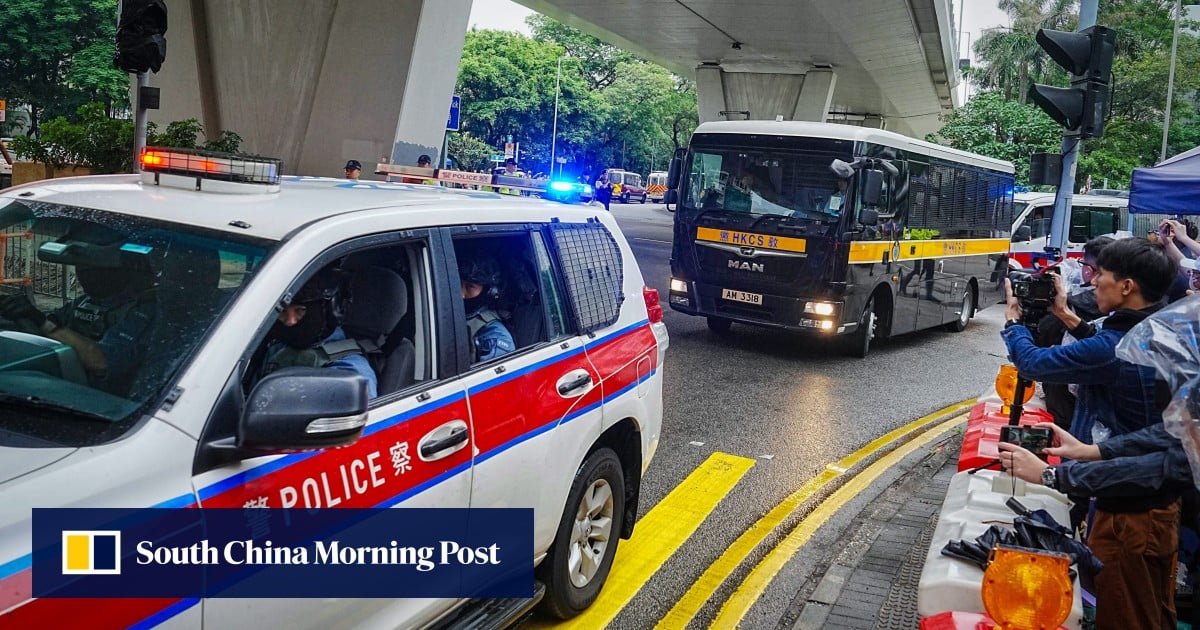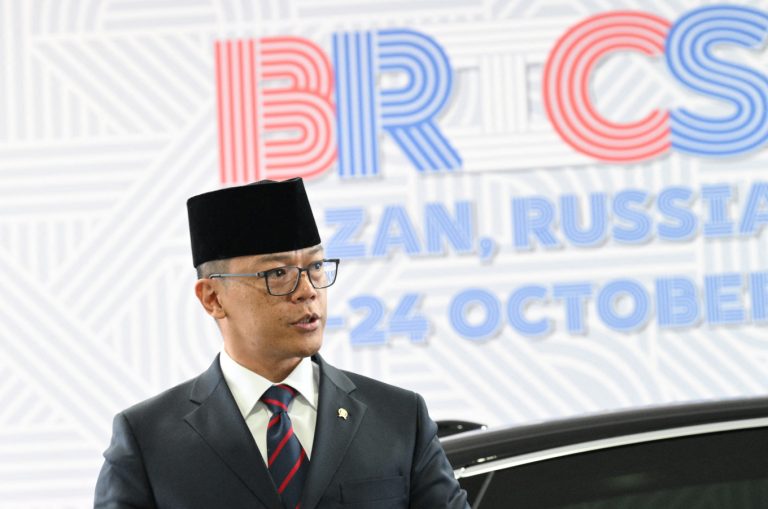The area surrounding the Hong Kong court was teeming with a palpable tension, heightened by the increased number of policemen in anticipation of the sentencing of 45 pro-democracy activists. Family members, friends, and supporters of the activists arrived early to secure a seat inside the court as the fate of their loved ones hung in the balance of the verdict.
The activists being sentenced today form part of the notorious ‘Hong Kong 47′, individuals who were arrested for their participation in an unofficial primary election and charged under Hong Kong’s new national security law. They have been awaiting this day with bated breath and likely equal measures of dread and hope – hope for justice.
Among those present outside the court were Deputy Commissioner of Police, Andrew Kan Kai-yan, and Chief Superintendent, Steve Li Kwai-wah, both of whom arrived early to conduct a thorough inspection of the scene. Their stern faces as they scrutinised every detail clearly underscored the importance – and the tension – of this day.
Just before 9 am, the police, in what was seen as a dispay of their authority, escalated their presence in the area, scrutinising and searching those activists present in the queue for the court. The thorough and almost invasive searches of the individuals waiting to enter the court added an additional layer of discomfort and anxiety to the tense atmosphere.
Beside the court’s entrance, the families and friends of the accused stood in silent support, their faces etched in worry and concern. Amidst the stern faces of law officers, the activists’ supporters formed a quiet oasis of emotional resilience, their mere presence an unmistakable statement of solidarity.
The move to sentence these 45 activists has been seen both domestically and internationally as a significant infringement on Hong Kong’s autonomy and democratic processes. Critics argue that the new national security law used to prosecute these individuals effectively curtails freedom of speech and political dissent, moving Hong Kong closer to a greater alignment with mainland China’s authoritarian controls.
Launched in 2020, the national security law has since been used to clamp down on political dissonances under the guise of maintaining national security. Its use in this instance, critics argue, is nothing more than a deliberate attempt at silencing opposition against the ruling party.
Regardless of the outcome of today’s sentencing, the verdict is sure to elicit strong reactions on both sides of the dispute. The case has triggered international attention and drawn criticism from countries such as the United States and the United Kingdom, which argue that such clampdowns threaten Hong Kong’s autonomy promised under the “One Country, Two Systems” principle.
As the clock ticks towards the moment of sentencing, the city, the country, and the world watch on as this latest chapter in Hong Kong’s ongoing struggle for democracy unfolds. The fate of these 45 activists today will undoubtedly impact the future of Hong Kong, and it remains to be seen just what kind of message these sentences will send about the city’s political landscape likewise the continued fight for human rights and democracy.




